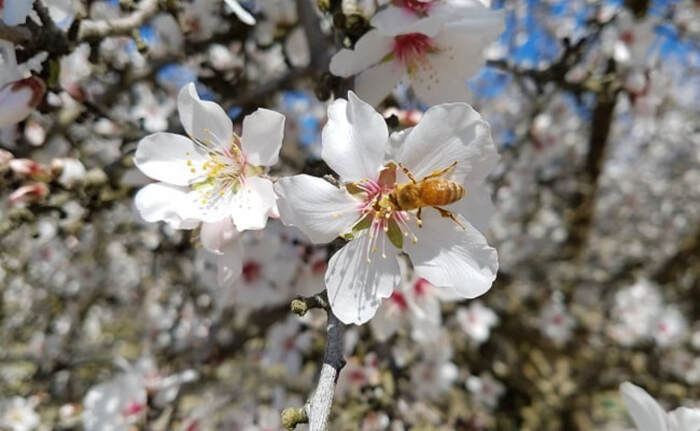The choreography seems complicated but magical. When flowers are young and not ready to pollinate, they do not release much scents. However, when the flowers are ready to pollinate, they produce the maximum amount of scent output. The purposes of the scents are to attract birds, bees, butterflies, and other pollination helpers. These helpers are rewarded with food sources. Flowers pollinated by bees and butterflies (day-time shift staff) tend to produce “sweet” scents versus flowers pollinated by beetles, that tend to produce “musty, spicy or fruity” scents. Some flowers prefer to be pollinate by bats or moths (evening shift staff) release scents at nighttime. The scented oils of flowers eventually heavily accumulate at the petals before they fall off. Once the fragrant petals fall off, nature's helpers are less likely to visit to pollinate.
Just before flowers lose their scented petals is where we can lengthen the magical beauty of nature and be part of nature’s choreography.
We have the abilities, experiences and knowledge of processing plants to extract scents naturally.
We learned from our ancestors and now with technology, we can learn from ancestral knowledge from many other cultures. Different plants have different properties for different purposes. We learned that the scents have medicinal and therapeutic properties for our mental and physical health. We use the scents to produce natural perfumes, essential oils and skin care products.
However, when we detach ourselves from the natural world, we try to simulate scents from plants using chemicals. It takes from 50 to 300 chemicals to simulate and produce one perfume/fragrance. Most of these chemicals used are toxic, not only to our health, but also to the environment. These chemicals can easily enter our body through inhalation, skin, and ingestion. These products even contain ingredients that assist the chemicals (e.g.: phthalates) in fragrances to penetrate through the skin or the body. Some of these familiar chemicals are urea, fatty acids (oil), ethanol (alcohol) and glycol. These are familiar ingredients in the everyday use of these products.
Most of the toxic chemicals in fragrances are excreted from our body in about 2 days. However, if we use the products every day, we accumulate these toxic molecules and risk having them permanently in our bodies.
"For me, it is so interesting to learn how nature works, what role I play, what animals, insects and humans can benefit from the cycle and how I can be more helpful in this nature’s cycle. I want to be in Nature’s Circle … there is so much to connect!"

 RSS Feed
RSS Feed